Law's Interior: Legal and Literary Constructions of the Self
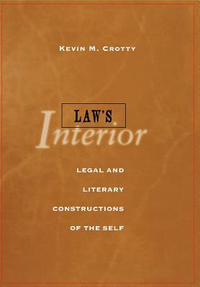
Summary
In Law's Interior , Kevin M. Crotty draws on several important literary works to offer a new model of the relationship between citizens and their laws, one that emphasizes the power of law to shape citizens and to foster―or discourage―their autonomy. Crotty maintains that citizens are "inside" the law―they are the law's interior. Literature, he finds, can be relevant to law by emphasizing the connections between law and the world around it―a stance that corrects the tendency of legal theory to treat law as a separate, autonomous entity. The texts Crotty examines―Aeschylus' Oresteia , St. Augustine's Confessions , and the poetry of Wallace Stevens―question the rationalist optimism that Crotty regards as distorting much recent theorizing about law. Further, he asserts that the inability of courts to state clearly the principles animating their decisions demonstrates the stranglehold the positivist model has on us and our legal imaginations. Crotty sketches a model of the relation between citizens and laws that supplements the more familiar idea of law as something deliberated and enacted by rational, inherently autonomous citizens. The most important legal decisions of the past fifty years, Crotty says, rest on the perception that the state, far from merely respecting the "innate" autonomy of its citizens, actively shapes that autonomy. Law's Interior should contribute to a better understanding of the real principles underlying some landmark decisions by the Supreme Court.
Similar Books
-
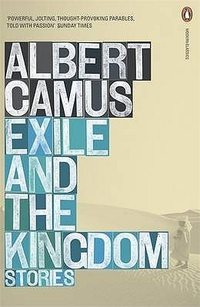 Exile and the Kingdom
Exile and the Kingdomby Albert Camus
-
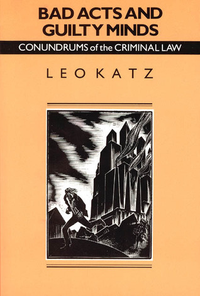
-
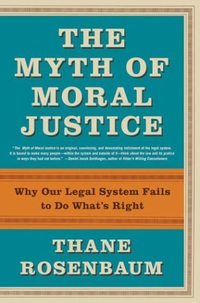 The Myth of Moral Justice: Why Our Legal System Fails to Do What's Right
The Myth of Moral Justice: Why Our Legal System Fails to Do What's Rightby Thane Rosenbaum
-
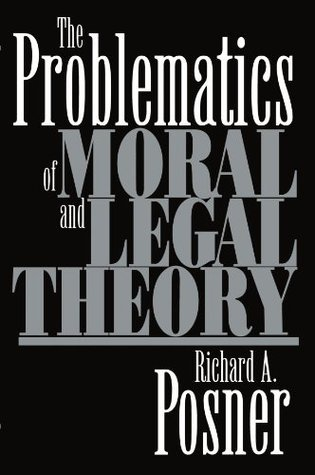 The Problematics of Moral and Legal Theory
The Problematics of Moral and Legal Theoryby Richard A. Posner
-
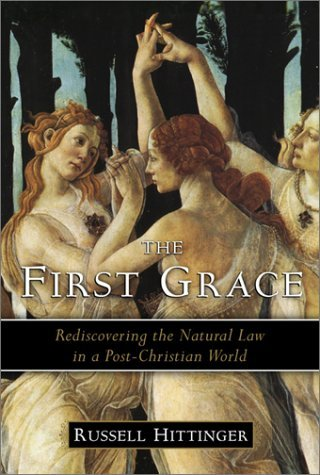 The First Grace: Rediscovering the Natural Law in the Post-Christian World
The First Grace: Rediscovering the Natural Law in the Post-Christian Worldby Russell Hittinger
-
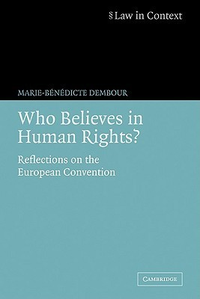 Who Believes in Human Rights?: Reflections on the European Convention
Who Believes in Human Rights?: Reflections on the European Conventionby Marie-Benedicte Dembour
-
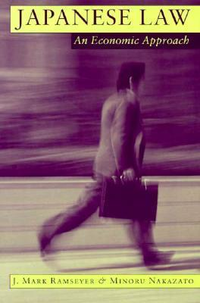 Japanese Law: An Economic Approach
Japanese Law: An Economic Approachby J. Mark Ramseyer
-
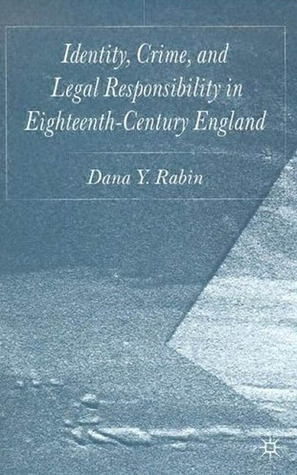
-
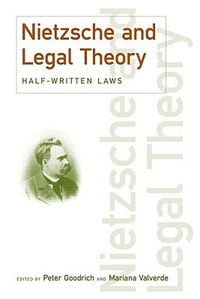 Nietzsche and Legal Theory
Nietzsche and Legal Theoryby Peter Goodrich
-
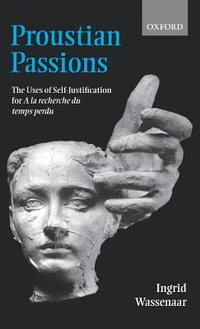
-
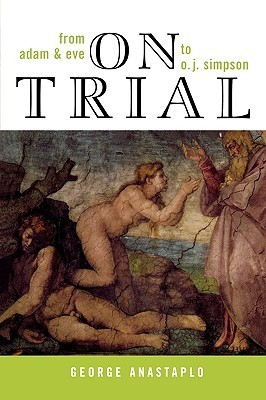 On Trial: From Adam & Eve to O. J. Simpson
On Trial: From Adam & Eve to O. J. Simpsonby George Anastaplo author of Abraham Lincoln: A Constitutional Biography
-
 Society and Nature: A Sociological Inquiry
Society and Nature: A Sociological Inquiryby Hans Kelsen
-
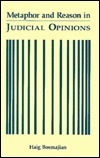 Metaphor and Reason in Judicial Opinions
Metaphor and Reason in Judicial Opinionsby Haig A. Bosmajian
-
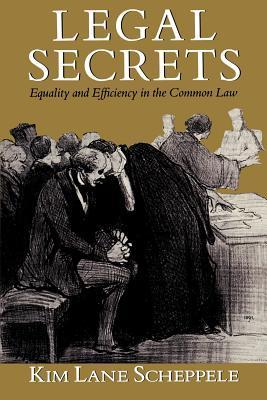 Legal Secrets: Equality and Efficiency in the Common Law
Legal Secrets: Equality and Efficiency in the Common Lawby Kim Lane Scheppele
-
 Charting Global Responsibilities
Charting Global Responsibilitiesby Kevin T. Jackson
-
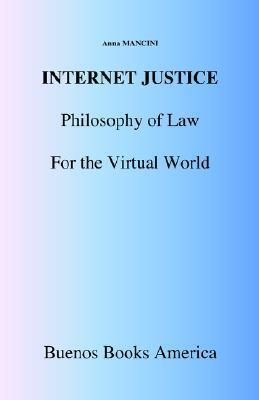 Internet Justice, Philosophy of Law for the Virtual World
Internet Justice, Philosophy of Law for the Virtual Worldby Anna Mancini
-
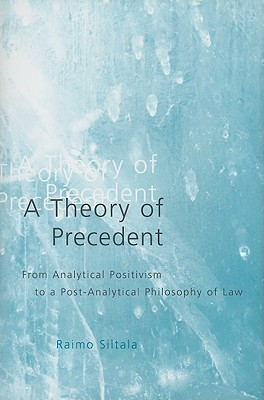
-
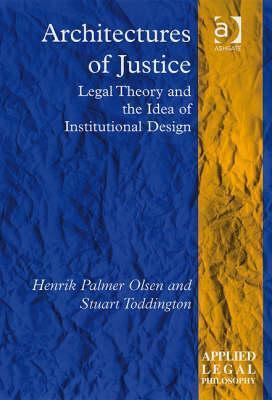 Architectures of Justice: Legal Theory and the Idea of Institutional Design
Architectures of Justice: Legal Theory and the Idea of Institutional Designby Henrik Palmer Olsen
-
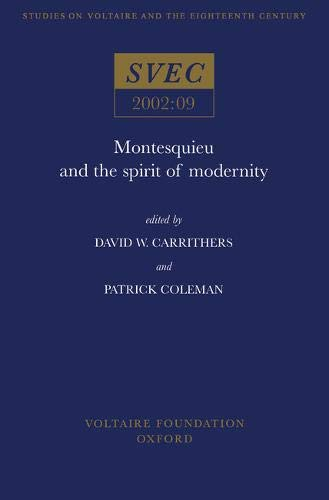 Montesquieu and the Spirit of Modernity (Oxford University Studies in the Enlightenment, 2002:09)
Montesquieu and the Spirit of Modernity (Oxford University Studies in the Enlightenment, 2002:09)by David W. Carrithers and Patrick Coleman
-
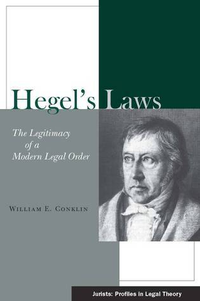 Hegel's Laws: The Legitimacy of a Modern Legal Order
Hegel's Laws: The Legitimacy of a Modern Legal Orderby William E. Conklin
-
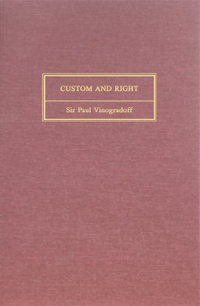 Custom and Right
Custom and Rightby Paul Vinogradoff
-
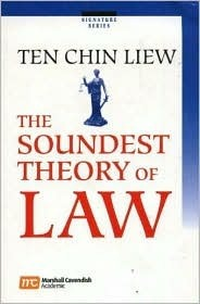 The Soundest Theory Of Law
The Soundest Theory Of Lawby C.L. Ten